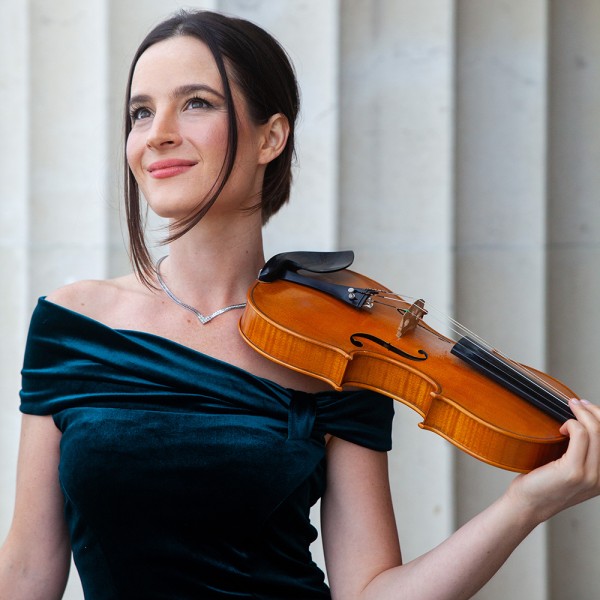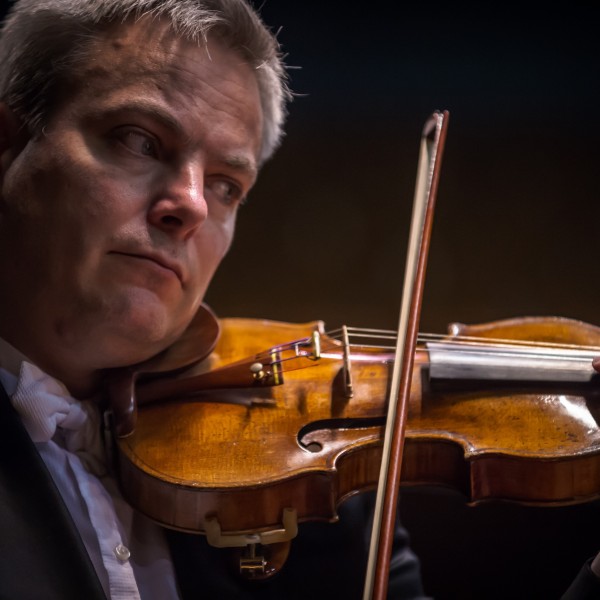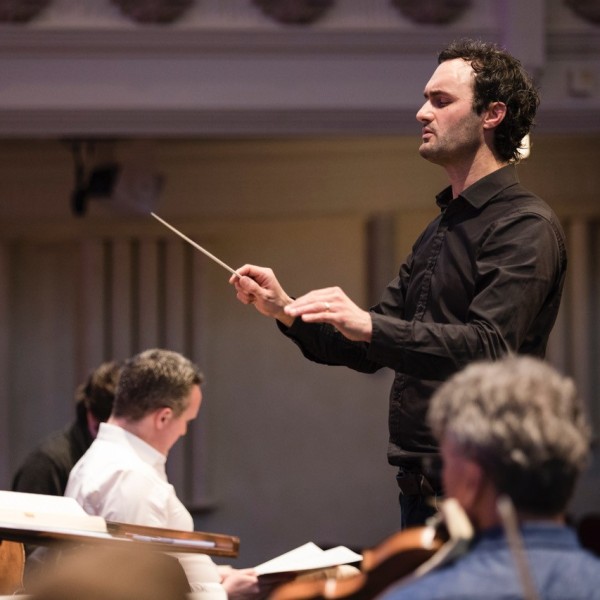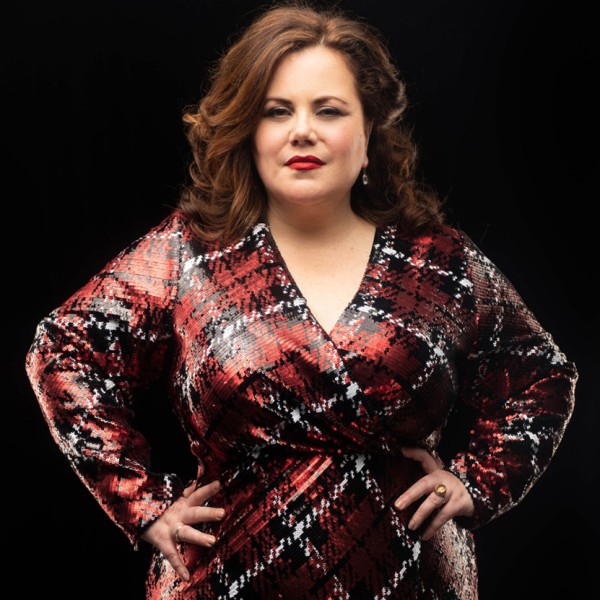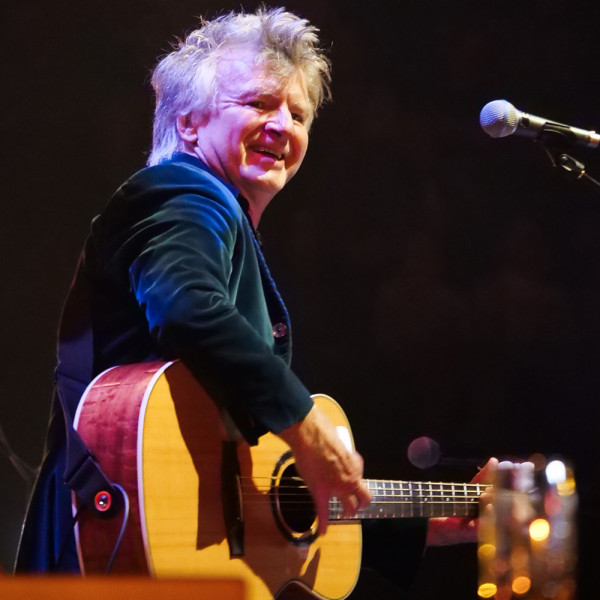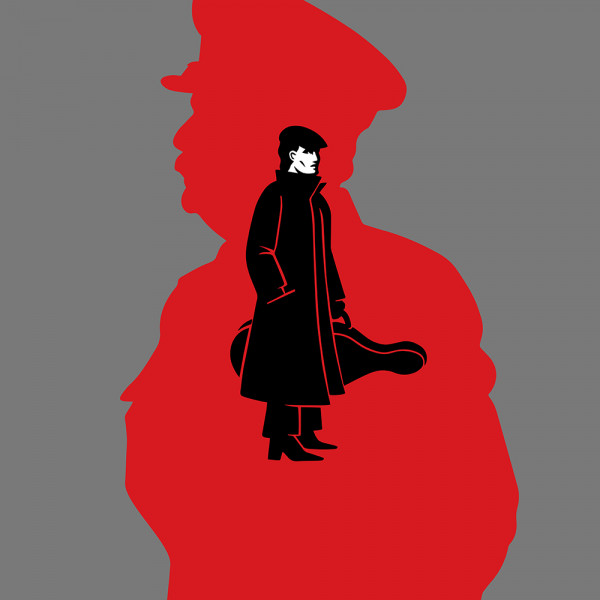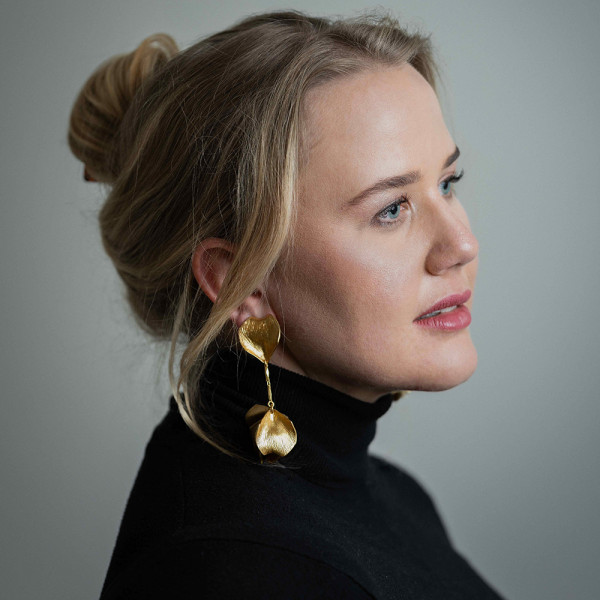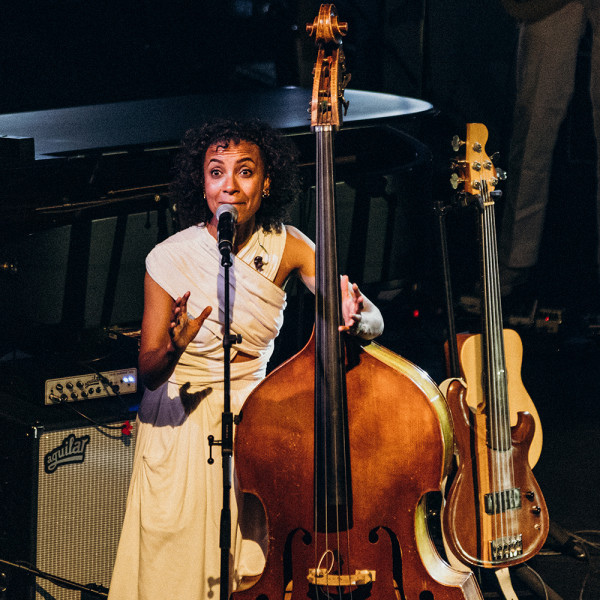
Guest artist Christopher Cross opened the evening and it was immediately clear that he had a strong fan base in attendance. He was well supported by a talented backing band, featuring Andy Suzuki on wind instruments and three backup female singers. He performed his best-known hits, including Sailing, Arthur’s Theme (Best That You Can Do), Think of Laura, and All Right, culminating in his stunning guitar solo on the smash hit Ride Like the Wind.
Formed in California in the late 1970s, Toto’s music combines elements of pop, rock, soul, funk, hard rock, rhythm and blues, jazz, and blues. Leader and guitarist Steve Lukather may be the only original member, but this current touring lineup consists of top musicians whose individual musical CVs are too vast to mention. Five of the seven band members shared lead and backing vocals throughout the performance.
The intro music set anticipation levels high for the first song Child’s Anthem. The band was already at full throttle, but it was hits Rosanna and 99 that had the fully engaged crowd singing along. The latter featured the slick bass guitar of John Pierce. Warren Ham on saxophone added a beautiful jazz dimension throughout. For I Will Remember, lead vocalist Joseph Williams got the crowd to sing along with him a cappella to check the venue acoustics! Pamela featured the silky keyboard skills of Greg Phillinganes, whose beautiful solo then led into I Won’t Hold You Back. The funky Georgy Porgy was followed by a solo spot by keyboardist Dennis Atlas – who was brought into the band mid-tour and “had to learn the whole show in two days without any rehearsing”. Lukather’s gorgeous ballad I’ll Be Over You highlighted the striking lighting show and Don’t Chain My Heart showcased his guitar virtuosity. Drummer Shannon Forrest’s blistering solo spot was a highlight. I’ll Supply the Love got the whole crowd up.
Toto’s biggest hits Hold the Line and Africa ended the two-hour-long show on a euphoric high. Rock royalty at its best!


